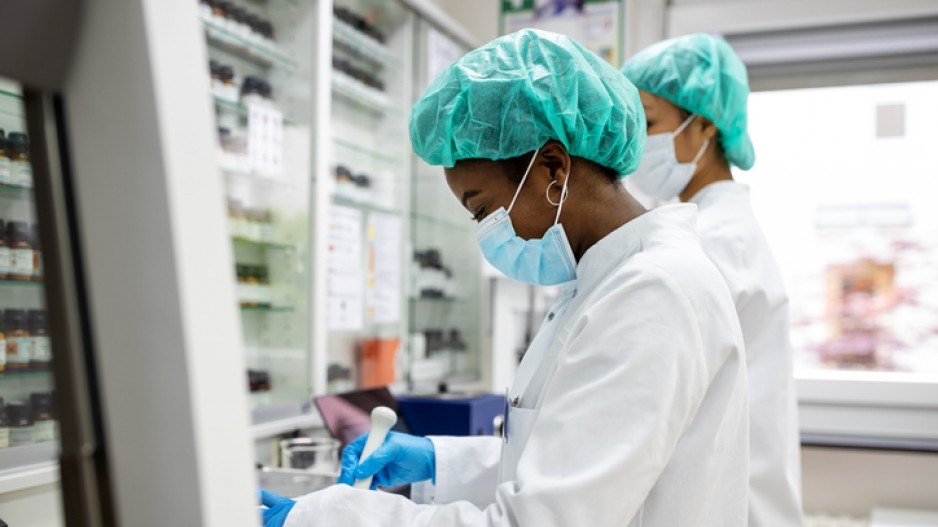Add another B.C. life sciences company to the growing list of those on the hunt for more workers.
Qu Biologics Inc. revealed Monday the close of a US$12-million equity financing round, which it says will help expand its team and launch three more clinical studies.
The Burnaby-based biopharmaceutical firm is best known for developing what are known as site-specific immunomodulators. This platform of immunotherapies is designed to restore innate immune function.
Qu CEO Hal Gunn told BIV the fresh capital would help more than double his team from 10 to 25 employees.
A 2021 labour market report from BioTalent Canada projects a national shortage of 65,000 life sciences workers by 2029.
And about 5,000 of those unoccupied jobs will be in Vancouver, CEO Rob Henderson said in January.
“Companies are going to have to become very, very creative in terms of being able to put forward their business objectives,” he said during a virtual panel earlier this year.
As of 2019, the Metro Vancouver was home to 1,300 organizations and 16,000 workers that BioTalent Canada considers part of the “bio-economy.” (A recent report from the Greater Vancouver Board of Trade pegs the current employment numbers at about 18,000 workers).
Since the 2019 numbers were calculated, B.C. has seen activity in the sector ramp up with the likes of AbCellera Biologics Inc. (Nasdaq:ABCL) and Aurinia Pharmaceuticals Inc. (Nasdaq:AUPH) raising hundreds of millions of dollars after going public in 2020.
But there has also been recent upheaval among some of these B.C. giants.
Zymeworks laid off 25 per cent of its workforce — about 100 employees — at the start of the year, just days after Ken Galbraith replaced founder Ali Tehrani as CEO.
Its latest financials revealed in February that the Vancouver-based biotech’s net losses grew to US$211.8 million in 2021 – up from US$171.2 million a year earlier.
The company is best known for developing platforms that help other drugs more accurately identify and target cancerous cells.
Qu most recently secured $8 million in financing back in 2020. The company said at the time it would be expanding its team as a result.
Investment tied to the latest funding round comes from U.S.-based venture capital firm Integro Capital.
(Updated March 23 with responses from Gunn about company headcount, investors)




